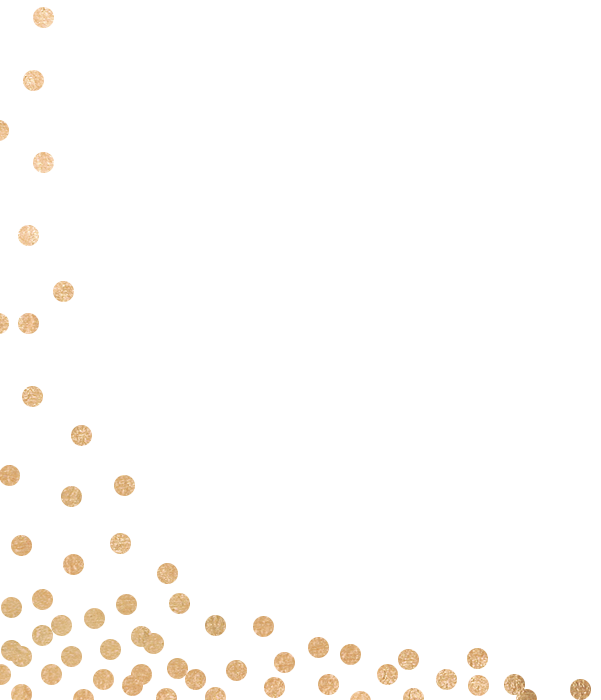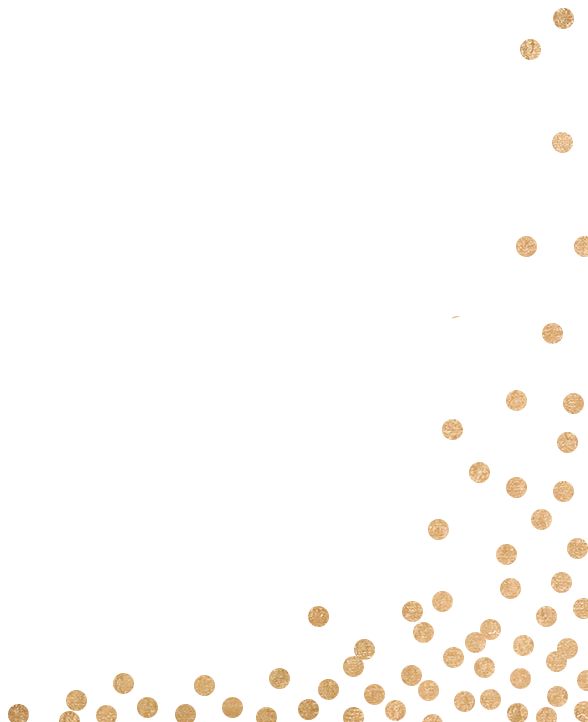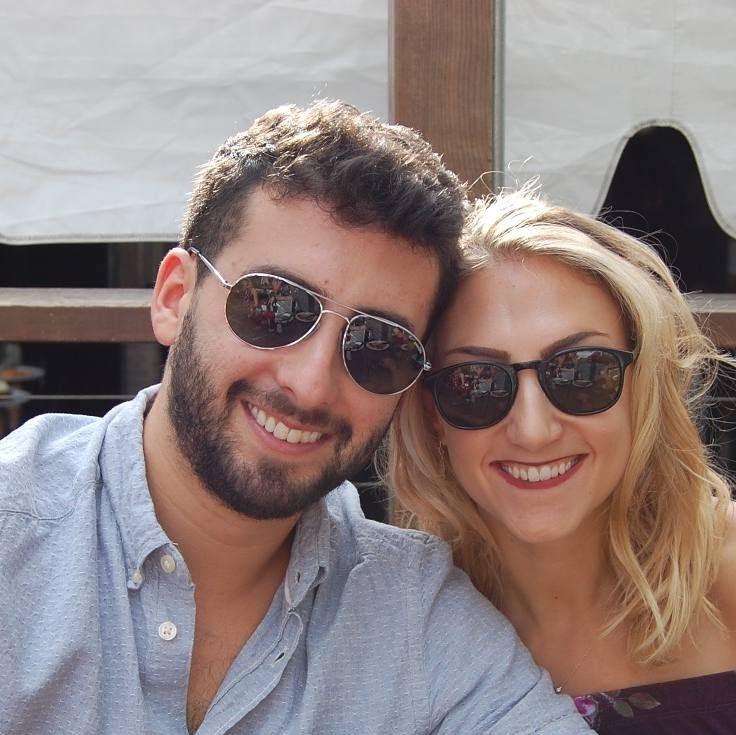Molly & Danny


Jewish Wedding Traditions

Aufruf
"Calling Up"
Aufruf, which in Yiddish literally means 'calling up,' is the Jewish custom of a groom being called up to make a blessing over the Torah. In our tradition, the groom's Aufruf is typically held on the Shabbat before the wedding. After the groom makes the blessing, the congregation typically sings a congratulatory song. Following prayers that morning, it is customary to have a celebratory kiddush, or meal. Danny will be having his Aufruf the Shabbat (Saturday) before our wedding at Chabad of Downtown San Diego.
Kabbalat Panim
"Welcoming bride and groom"
It is customary for both the bride and groom to have time prior to the Bedeken (see below!) to welcome their guests. To make it so that Molly and Danny do not see one another until the appropriate time, they will each host their own pre-chuppah reception- typically with light refreshments- in two different rooms.
Chatan's Tisch
"Groom's Table"
The Chatan's Tisch occurs during the Kabbalat Panim. While Molly is welcoming guests in the main room, Danny- along with many male friends and family members- will celebrate in a separate room. During the Tisch, there many be a few short speeches, however the important piece of the Tisch is that the Ketubah (Jewish wedding contract) is read and signed by witnesses. Expect lots of celebration!
Bedeken
"Covering of the Bride"
Following Kabbalat Panim, a procession will move Danny from the Chatan's Tisch to the room where Molly will be seated. Here, there will be lots of singing and dancing as Danny covers Molly's face with her veil. This tradition comes from the Torah when Rebecca covered her face before marrying Isaac.
The Chuppah
Wedding Canaopy
The Chuppah, under which the ceremony takes place, means “that which covers.” It is said to symbolize the new home and life Molly and Danny will create as husband and wife. The four sides of the Chuppah are open to suggest that this new home will be open to all.
Hakafot
"Circling the Groom"
Once Molly arrives at the Chuppah, she will circle Danny seven times. There are many potential explanations for this tradition, but one is that the number seven corresponds to Seven Days of Creation. Seven symbolizes completeness and perfection. By circling Danny seven times, Molly is, in full display of family and friends, creating a new, whole, and beautiful Jewish family.
Kiddushin
First part of wedding ceremony
The first part of the Wedding Ceremony is the Kiddushin, which means “Satisfaction” or “Dedication.” It begins with two blessings recited by the Rabbi. The first is said over a cup of wine, the traditional symbol of joy; while the second blessing thanks G-d for the sanctity of the marriage. Molly and Danny will share a cup as a reminder that they will share the rest of their lives together. In front of witnesses, Danny will then place a ring on Molly’s right index finger, which stems from the belief that the index finger is directly connected to the heart. The ring must be a complete circle and free of precious stones, representing the nature of love, which has no beginning and no end. It is this part of the ceremony that sanctifies the marriage.
Sheva Brachot
"Seven Blessings
The second part of the wedding ceremony includes the Sheva Brachot, or Seven Blessings, which transforms the wedding into a community event. These blessings offer praise and ask for G-d’s blessing over the marriage with themes of love and peace.
Shevira Ha'Kos
Breaking of the Glass
The conclusion of the ceremony, the breaking of the glass is interpreted in many different ways. Tradition says it symbolizes the destruction of the ancient temple of Jerusalem. It also warns us that love, like glass, is fragile and must be protected.
Yichud
Seclusion
Immediately following the end of the Chuppah, Molly and Danny will proceed to the Yichud room, where they will spend a few minutes alone. According to Jewish law, a man and woman who are not married are not supposed to be secluded together. Therefore, entering the Yichud room together is an act which symbolizes their newly married state.
Seudah
The Festive Meal
It's now time to party! According to religious Jewish tradition, men and women are not meant to dance together. Therefore, the first set of music will be separate for men and women and consist primarily of traditional Jewish music. At our wedding, following the first set, men and women will be able to dance together to more contemporary music. Make sure to bring your dancing shoes!